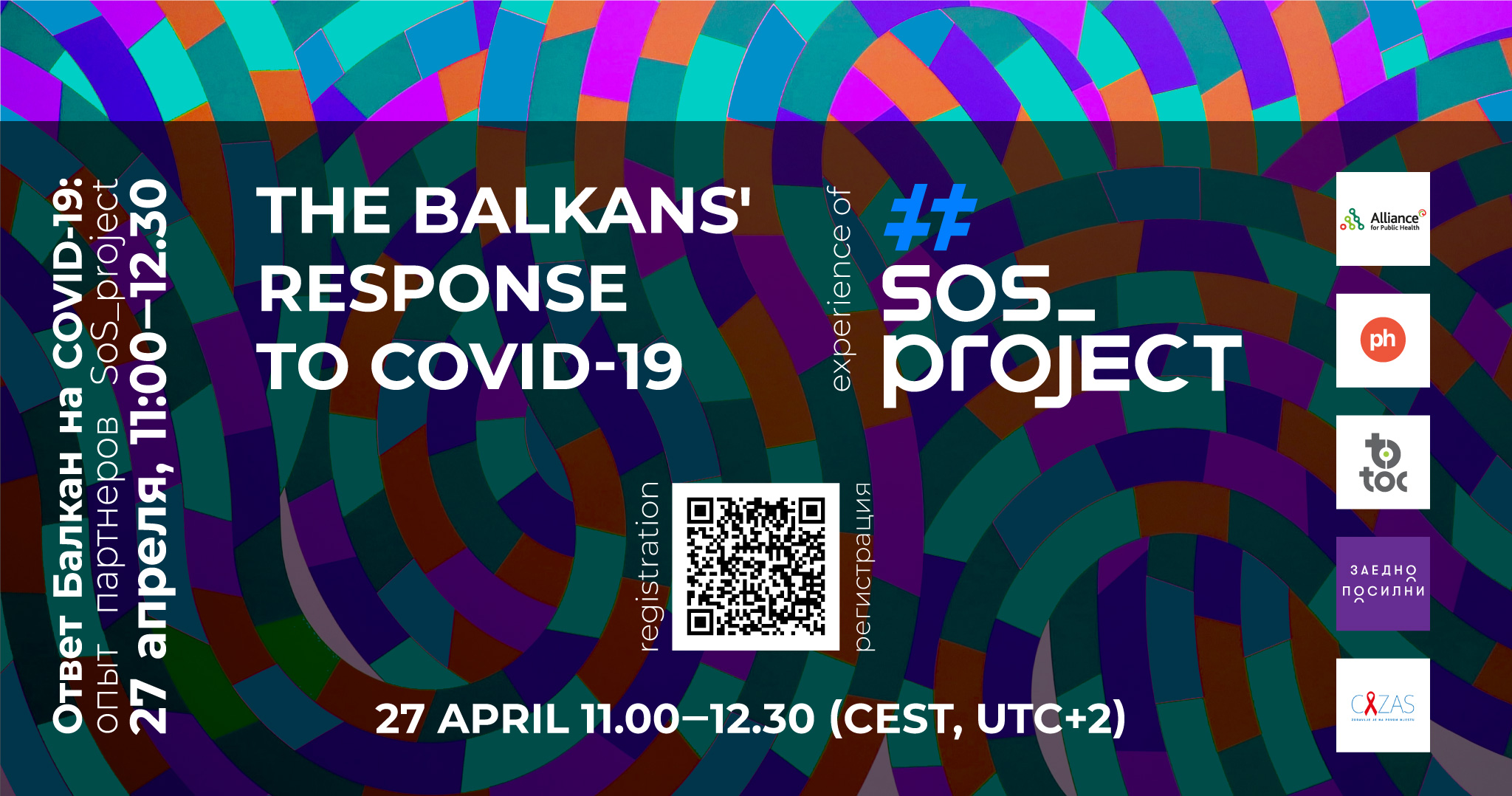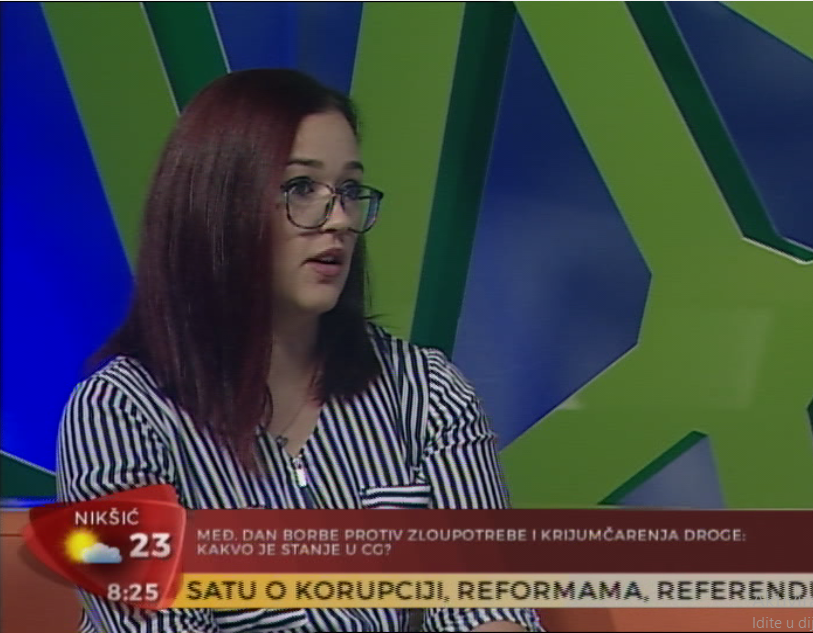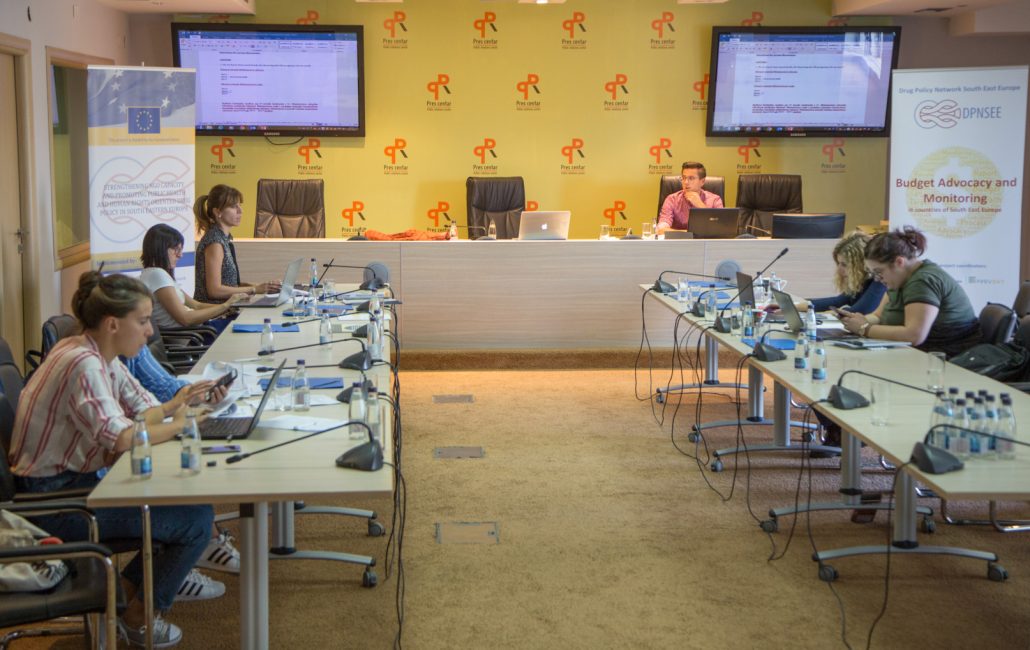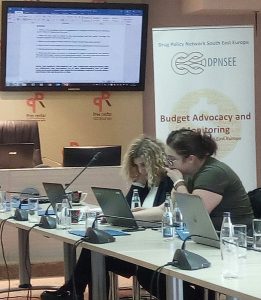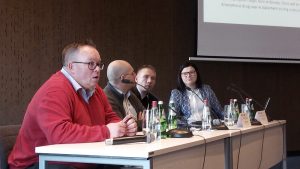![]() The #SoS_project offers the second in a series of “Response to COVID-19” events. On 27 April 27 2021, from 11:00 to 13:30 (CEST, UTC +2) or 12:00-14:30 (EEST, UTC +3), an online discussion will take place “The Balkans’ response to COVID-19: experience of #SoS_project partners”.
The #SoS_project offers the second in a series of “Response to COVID-19” events. On 27 April 27 2021, from 11:00 to 13:30 (CEST, UTC +2) or 12:00-14:30 (EEST, UTC +3), an online discussion will take place “The Balkans’ response to COVID-19: experience of #SoS_project partners”.
The Agenda includes following items:
- Maintaining essential HIV services and introducing new ones in Covid-19 time – Andrej Senih, Executive Director Заедно посилни (North Macedonia)
- Innovation in Covid-19 response – Aida Kurtović , LLB, MA, Executive Director of Partnerstvo za zdravlje / Partnerships in Health (Bosnia and Herzegovina)
- COVID-19 case detection and vaccination – implementation strategy and challenges – Goran Radisavljević, CEO, Timočki Omladinski Centar (Serbia)
- Access to HIV prevention, testing and treatment during COVID 19 epidemic – Sanja Šišovic, program director of NGO CAZAS (Montenegro)
- Results of the study on the impact of COVID-19 on the sustainability of HIV and TB services (accent on Balkan) – Dr. Fifa_Rahman, principal researcher of the Matahari Global Solutions (United Kingdom)
To register for the COVID-19 online discussion follow this link>>>.

